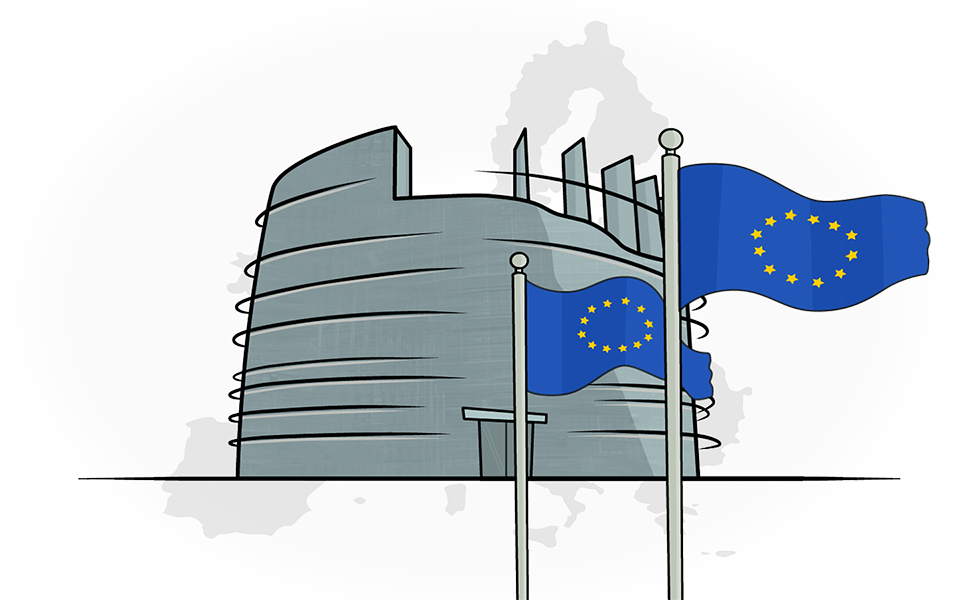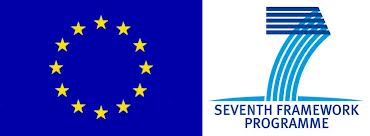Project
ECRAN: European Communication on Research Awareness Needs
Awareness of… what?
Participating in a clinical trial can give you the best chance of having an effective treatment but it could also expose you to unknown risks.
At any moment there are huge number of clinical trials taking place all over the world (see clinical trials register). However, the way medicines are tested, and the way patients are involved in this process, can vary substantially. It is important that people become aware of these differences and understand more about how medical research works before considering enrolling in a clinical trial.
If it is poorly designed, a clinical trial can lead nowhere. Or, even worse, it can give misleading results. Before you agree to take part in a clinical trial, you should make sure it is a good clinical trial and that it is good for you. But how can you know?
This website is part of the ECRAN project – European Communication on Research Awareness Needs – which has been funded by the European Community in order to improve the EU Citizens’ knowledge about medical research and support their participation in independent and multinational clinical trials.
ECRAN aims to provide clear and reliable explanations of basic and more advanced concepts, practical information, educational contents including guides, tutorials, an animated film and even a game – a serious one, though! – to make sure you are as well-prepared as can be, before becoming involved the decision to participate in a clinical trial or not.
Why independent and multinational?
The majority of clinical trials are currently sponsored by pharmaceutical industries, often for introducing a new drug on the market. An essential goal for these trials, then, is to show effectiveness and safety of the new product to the Regulators.
On the other hand, independent clinical trials are funded by public money, research centres or even patients associations and are designed to answer primarily issues of main interest for patients, for example pointing out the best available treatments, their possible negative effects after long period of time and their real impact on patients’ lives.
Independent studies are about expanding medical knowledge for the benefit of patients, rather than trying to satisfy Regulators that something is safe to put on the market. Independent clinical trials are often carried out by several research centres working on the same question, even in different countries – at a multinational level – testing the treatment on different populations. The most reliable and useful results, in fact, come from clinical trials involving a wide variety of people – including those considered more fragile, like elder patients, children, and women – to make sure the outcomes apply to these people as well.
Independent clinical trials aim to answer any questions about prevention and therapies, thus ensuring better and more efficient healthcare for everyone. For this reason, the European Commission is currently investing money to support more and more independent research.
The ECRAN project is part of this effort.
Did you know that…?
The ECRAN contents are currently searchable in 6 languages (English, French, German, Spanish, Italian and Polish) and this will continue to expand to other languages (all the EU spoken languages!), to help ensure a basic understanding for everyone.







